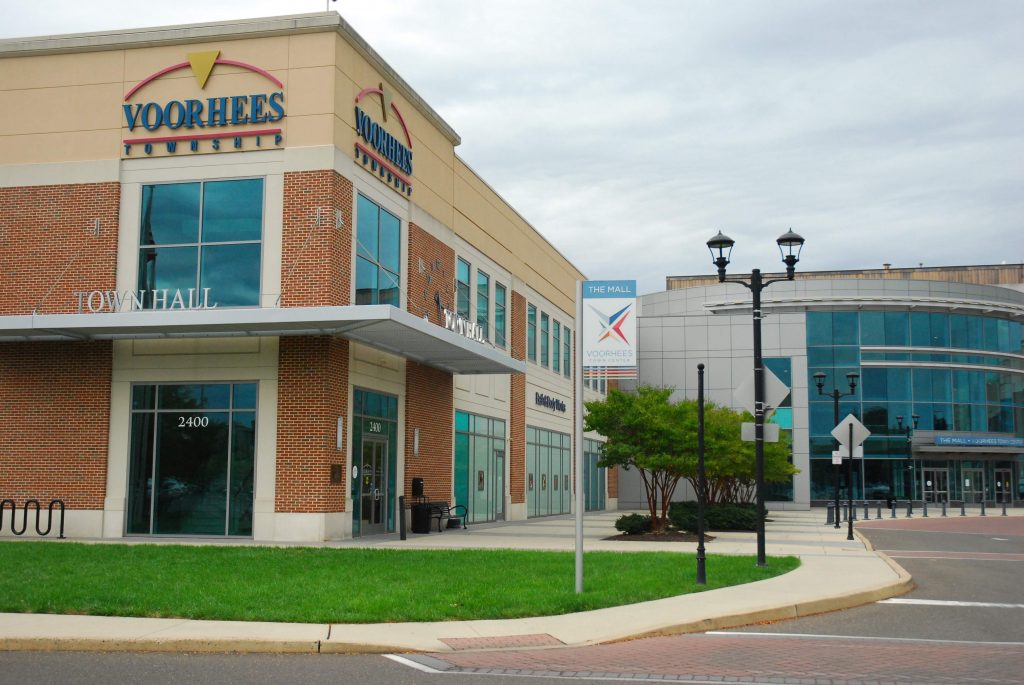
Earlier this month, the state Department of Health and Gov. Murphy signed into law the Jake Honig Compassionate Use Medical Cannabis Act to reform New Jersey’s Medical Marijuana Program (MMP), expanding patient access to medical cannabis.
The act makes several changes to the state’s MMP, according to a release by the governor’s office, including raising the monthly limit from two to three ounces, allowing for edibles to be dispensed to both adults and minors, the phase-out of sales tax on medical marijuana over the course of the next three years and more.
“Today’s legislation creates a medical marijuana program that is modernized, compassionate, progressive, and meets the needs of patients,” said Murphy, in a release about the program expansion in early July. “I am proud to stand with my legislative partners as we break down barriers to ensure this life-changing medical treatment is affordable and accessible for those who need it most.”
Additionally, the state Department of Health released news on July 3 that it is seeking new applicants to operate up to 24 additional alternative treatment centers across the state, which would add to the 12 already approved by the state, with six of those 12 awaiting licenses. Originally, the state initially announced it was seeking 108 additional ATC centers, but has since changed its view.
According to a release, the state is seeking up to eight in the northern region of the state, up to eight in the central region, up to seven in the southern region and one “at-large” facility yet to be determined, all to be separated between cultivation, manufacturing and dispensary.
The state Department of Health is seeking as many as five cultivation and 15 dispensary endorsements, according to Director of Communications Donna Leusner. Additionally, the state is seeking four “vertically integrated” permits that would include one of each type of endorsement.
The number of ATC applications are based on the department’s assessment of patient need, as well as the general population of the state its region, according to the release.
“We are at a point where patients just cannot wait any longer for easily accessible, affordable therapy. This request for applications allows for specialization of businesses to increase medical product in our state,” said New Jersey Health Commissioner Dr. Shereef Elnahal. “In addition, by allowing for three sizes of cultivation endorsements (5,000 square feet, 20,000 square feet and 30,000 square feet), we are increasing opportunities for small and medium-sized businesses to participate in the program.”
The MMP, according to Leusner, reached 50,000 total patients in the state earlier this month.
Permit applications will be accepted until Wednesday, Aug. 21, according to the release.
Voorhees Township, according to a release by the township, is looking to test the waters in the form a public hearing with regard to the topic of medical marijuana potentially entering its borders in some business capacity.
A public hearing is scheduled for Monday, July 29 at 7 p.m. to commence at the regularly scheduled Voorhees Township Committee meeting in the courtroom.
“The purpose is to receive public comments regarding anticipated requests to site medical cannabis facilities within the Township of Voorhees,” said the release. “To date, no applications have been received by the township and no determinations to accept or reject such facilities has been made by township committee.
“However, with the advent of legalized medical marijuana in New Jersey, the members of the township committee are interested in obtaining candid citizen input and comments on this most important issue,” continued the release.
Voorhees Committeeman Harry Platt said that committee has watched the issue closely over the course of the past several months and wants to make sure that, before moving forward with any potential decisions in the near future, that residents have the opportunity to give their input on the issue.
“We want to get an idea what the public is thinking,” said Platt. “We see some opportunity possibly for revenue, and we want to make sure this is something the public is receptive to. We’re elected to serve the people, and we want to make sure its something they’re interested in.”









